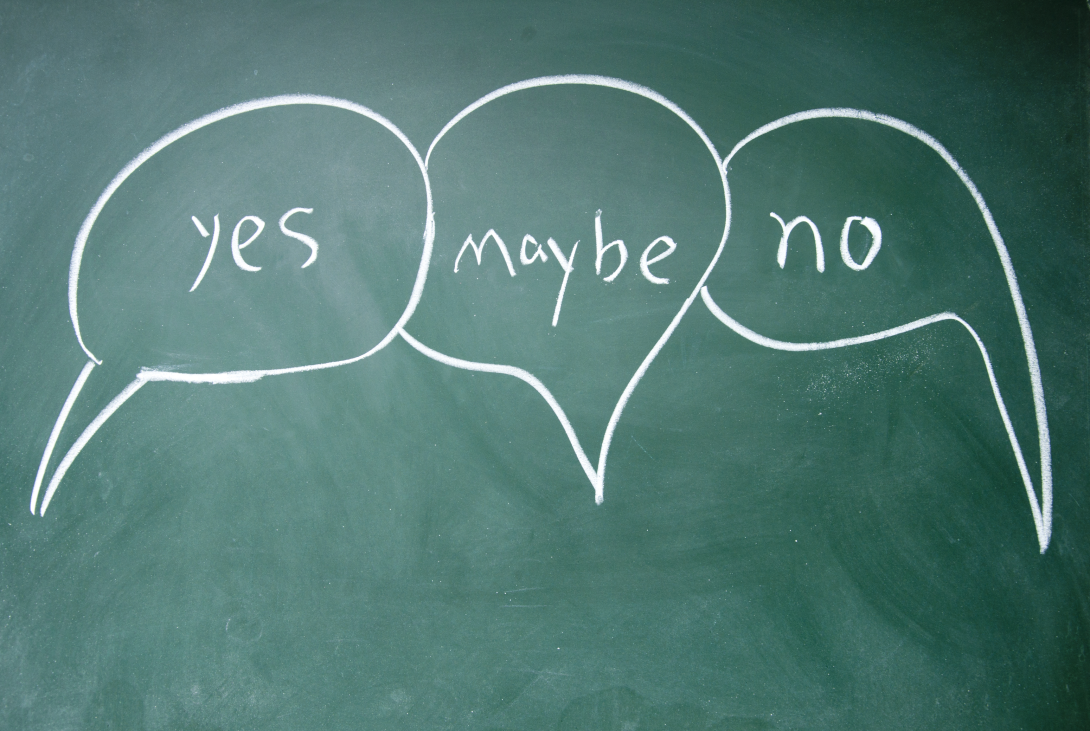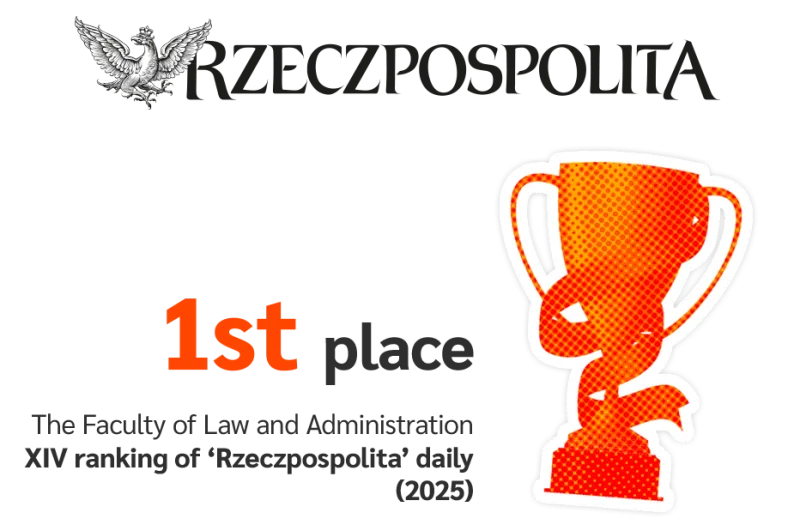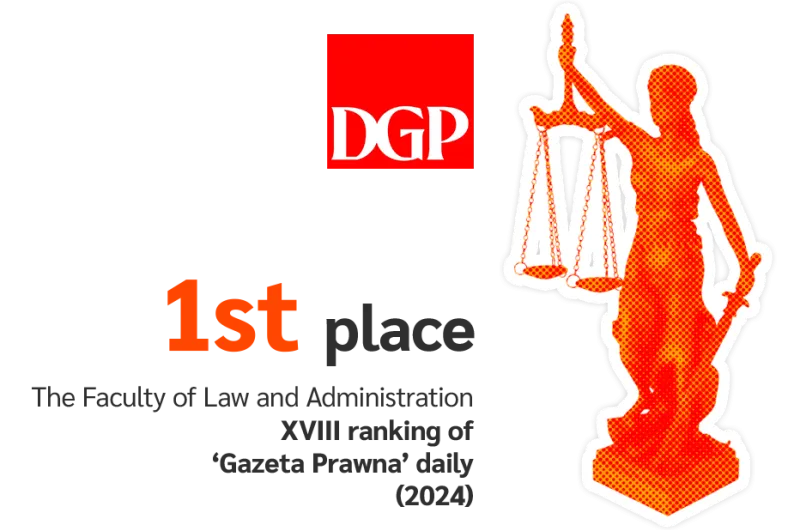We have established that freedom of speech is a fundamental value in a democratic society, whose citizens should not be afraid to express their opinions under the threat of punishment, censorship and fear. Freedom of speech is guaranteed by the United Nations Universal Declaration of Human Rights (Article 19) and the Constitution of the Republic of Poland (Article 54, which also prohibits censorship). However, we acknowledged that there are some limitations to this privilege. It is not allowed to use hate speech (statements that spread, promote and justify racial hatred, xenophobia, anti-Semitism and other forms of intolerance that undermine democratic security, cultural cohesion and pluralism). We agreed that such forms of expression are punishable and should be eliminated from the public space.
We have demonstrated that modern forms of communication (social media such as Twitter), unfortunately, commonly spread fake news in order to shock, spread disinformation, to increase author’s popularity and make easy money (clickbaits).
We realised that political correctness, although theoretically justified and protecting us from racism, censorship and homophobia, often leads to other kinds of falsifications: positive discrimination against people of a different race and sexual orientation, and their disproportional representation in movies and TV series (e.g. Netflix streaming platform).
We analyzed the problem of offending religious feelings, recalling the incident of the attack by religious fanatics on the offices of the French magazine Charlie Hebdo in 2014, and the case of the British writer Salman Rushdie, who has been facing a <em>fatwa</em> (death sentence) for 34 years for allegedly offending religious feelings. We cited the legal justification for the prohibition of offending religious feelings (Article 196 of the Constitution of the Republic of Poland) and tried to explain what aspects of artistic expression could lead to religious offense and whether they can justify extreme reactions among fanatics.
We referred to satire and comedy as a sphere of artistic activity that is particularly vulnerable to attacks by censorship and susceptible to accusations of offending morality and religious feelings. Examples of rebellious comedians such as Ricky Gervais and Dave Chapelle and celebrities such as Kanye West and Kevin Hart have revealed irritability on topics that are not funny for everyone and unacceptable in the present times by a part of society called <em>snowflake generation</em>.
We mentioned the nervousness of the debate on topics related to LGBTQ+ groups perceived as different and not allowing criticism of their differences, although we have been unable to determine how big of a problem this really is, and to what extent it is created by interest groups on social media and overly accentuated in the public debate.
At the end of the debate, we asked the audience for their views by voting FOR and AGAINST excessively restricting freedom of speech. By 13 votes AGAINST to 5 votes FOR, the audience found excessive restrictions on freedom of speech to be inappropriate and unnecessary. Recognizing the need to intervene in extreme cases (such as hate speech, and extreme forms of fake news meant to spread intentional disinformation), most of the audience supported freedom of expression as a fundamental human and civil right.
You are welcome to join the next debate in which you can express your opinion on the topics and issues that concern us all. See you at the next meeting!
Does freedom of speech have limitations? REPORT after the debate
On December 17, at Lazarski University, we met to discuss the concept of freedom of speech. We tried to answer the questions: Can we express our opinions without fear of being prosecuted? Excluded from public space? Boycotted in social and professional life? Is it a privilege of every human being and an absolute right, or is it subject to prohibitions and restrictions?







